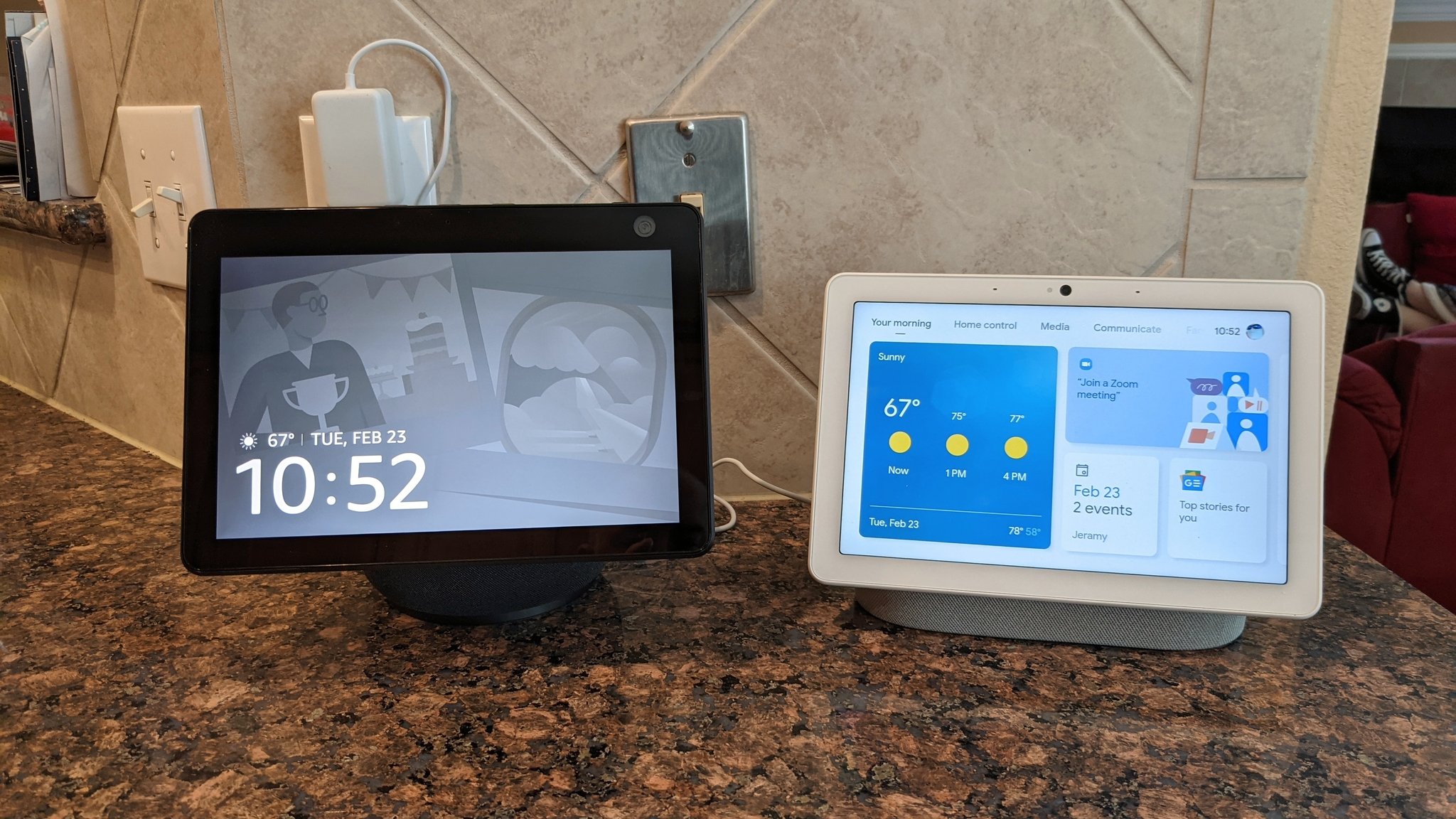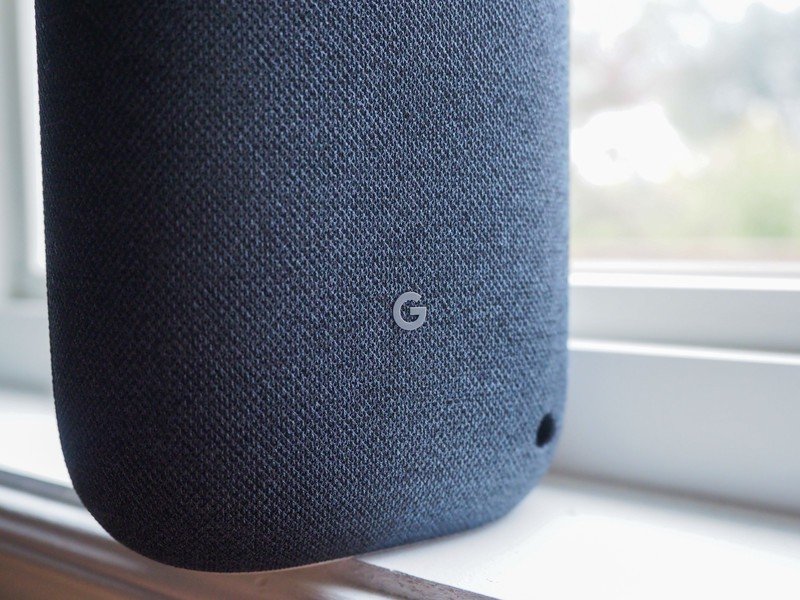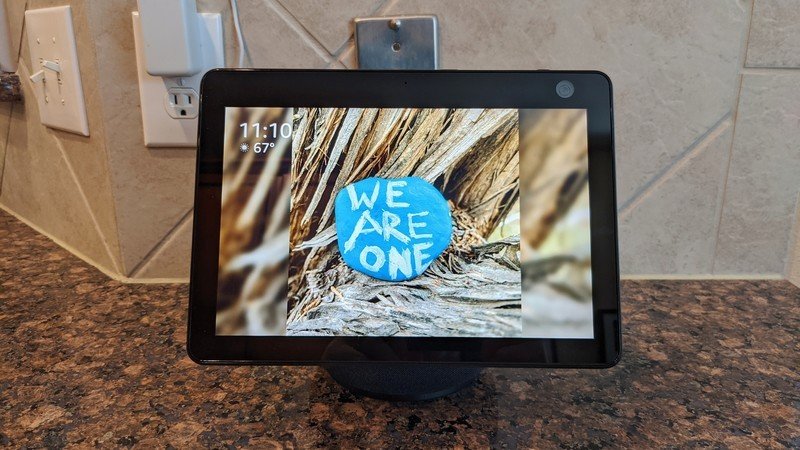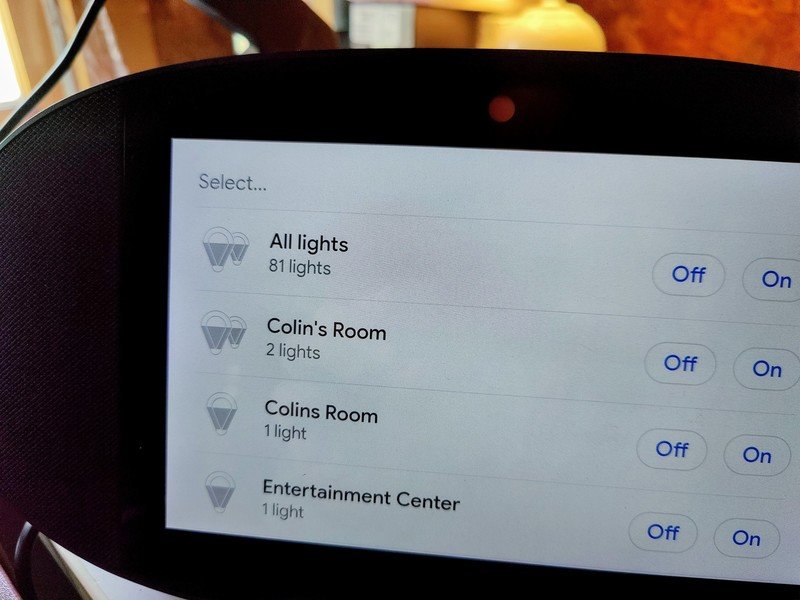Google and Amazon want to control all your smart home gear, but it's still not good enough

We've seen smart homes in movies and TV shows for decades now, but in those instances, we're led to believe that all of that tech is harmonious and works together seamlessly. However, in reality, it is a very different story, and, for the most part, the question you have to ask is this: is Google or Amazon better for my smart home?
Sure, there are other ecosystems you can choose, like Samsung SmartThings , which can integrate several different brands into a single app for you to manage those devices. But if you want to truly have a smart home, you're going to want to have voice control — and then it's back to the Google or Amazon decision. Choice is a great thing to have in almost every situation, but when there are only really two options here, and when neither has really solved the equation, it can be a bit of a letdown.
From the app experience to the voice interactions, both Google and Amazon have a long way to go before their smart home integrations are seamless.
Though each platform works with thousands of IoT products, not all functionality is available through the app or voice. So, if you want to use a specific product to its full potential, you will still need its dedicated app to do so.
Both of these companies also make some of the best smart speakers on the market, as well as other excellent first-party devices to integrate into your smart home — but a device or product doesn't lead to a good experience by itself. Much like what makes a good smartwatch experience, it takes all of the parts from the software, hardware, and integration to come together in harmony for it to work.

Personally, I use Google as the intelligent assistant to power my smart home. I've used Alexa off and on since I had the first-gen Echo, but not for any significant length of time. For the other part of my smart home, I have SmartThings connecting various devices together. My primary reason for using SmartThings are the device rules and automations that I can set. While Google has improved routines within the Home app, there are still missing options there that can be found in SmartThings.
This, of course, goes both ways where the Home app has options that SmartThings doesn't — thus continuing the struggle. For as open and inclusive all of these platforms are attempting to be, there are still devices and features that are understandably withheld from the competition. This results in sub-optimal experiences, but it's clear why these companies don't put more effort into interoperability — each company wants to win the home.

I give a lot of credit to Samsung and its SmartThings platform for seemingly being the most willing to work with the other companies. I use Google Assistant to control devices that are set up only in SmartThings, and for those that aren't, those interactions work very well — that is when the correct phrasing is used to get the desired result. Work still needs to be done on that front.
Get the latest news from Android Central, your trusted companion in the world of Android
Both Amazon and Google will connect with SmartThings and will show those devices in each of the respective apps. Unfortunately, there are issues with this as well. I use Philips Hue for a lot of my smart home lighting needs, and I control some via a motion sensor that isn't Hue branded. This means I connect the two within SmartThings to get the interaction I want. When interacting with the Alexa app or the Home app, you see duplicates of all of these lights. Again, not optimal.
Getting a response that your voice assistant has turned off 40 lights when there's only 20 in a room can be confusing.
While that duplication isn't a huge issue, it can cause problems when creating automated routines. Sure, if I happen to choose the office light option that is actually synced through SmartThings rather than the Home app directly, the task will still get done; it will just take even longer.
In December 2019, Google, Apple, and Amazon announced Project Connected Home Over IP as an effort to create a single protocol that all IoT devices will work on. While this sounds great in theory, it's a very long road in practice to get that standard finished and into the thousands of available smart home devices.

Until then, as consumers of these devices, we have to continue dealing with the gaps in interoperability between what Google and Amazon offer us. Neither Google Assistant nor Alexa have yet to completely solve the natural language problem, and so we are left to figure out what series of confusing commands will get us the smart home control we want.

